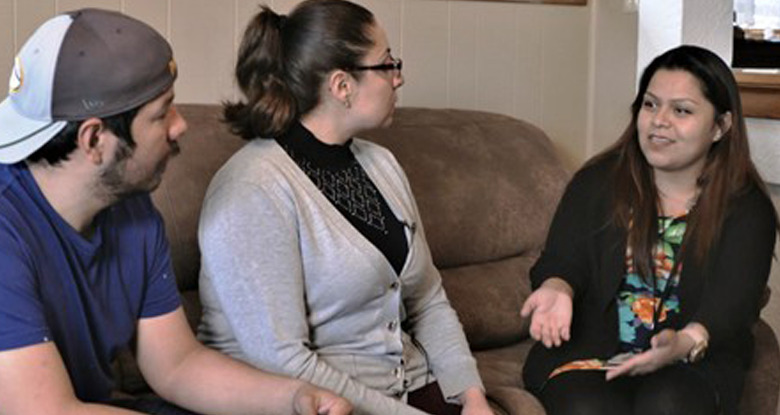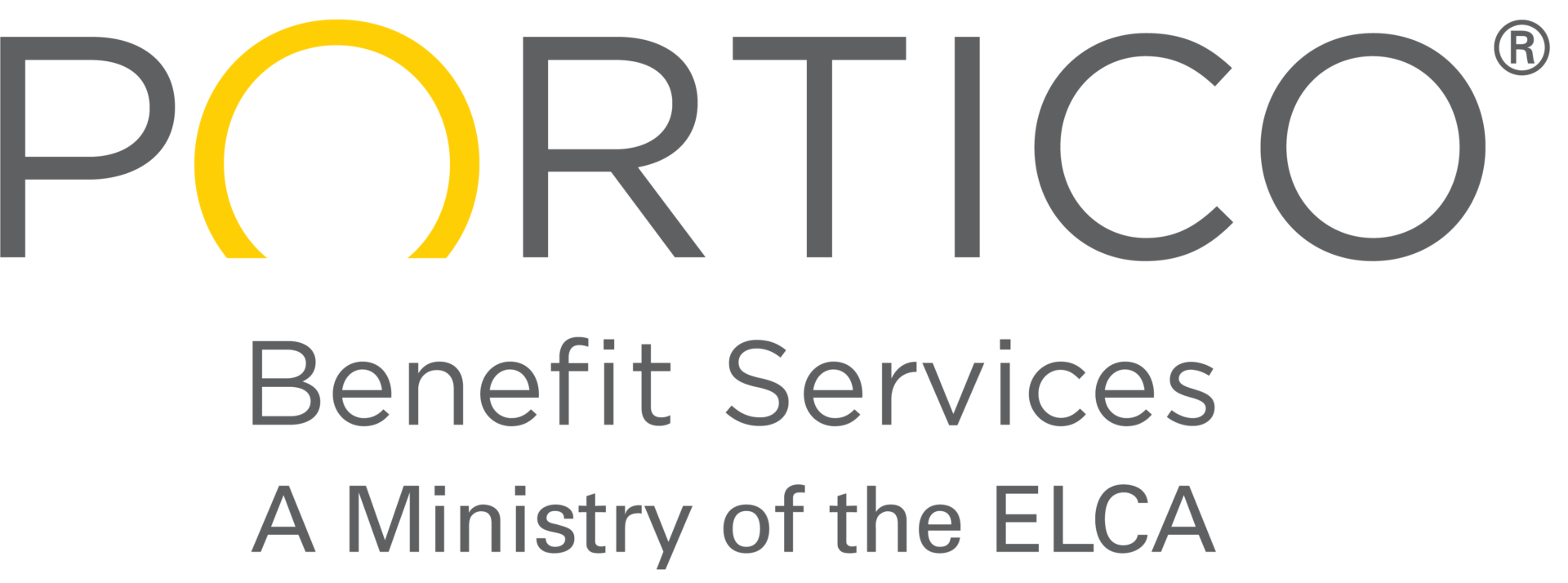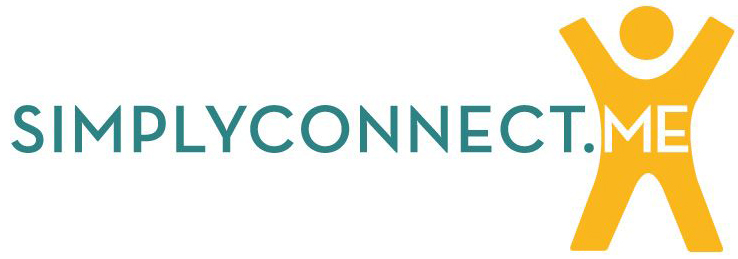Lutheran Social Services of Wisconsin and Upper Michigan (LSS)’s School Centered Mental Health (SCMH) program is a magnificent example of the multiplying power of Lutheran social ministry to improve equitable outcomes for children and families. LSS-SCMH utilizes a clinical therapist and family coach team to addresses children’s mental health needs, both in school and at home. Working with two United Community Center (UCC) charter schools, serving children in elementary and middle school on the predominantly Hispanic south side of Milwaukee, the LSS therapist and family coach team began their pilot effort during the 2018/2019 school year.
During the SCMH pilot year, LSS engaged fourteen children and their families in services which corresponded with their selection to participate in Lutheran Services in America’s Results Innovation Lab which focused on their new program. (The value of participating in a Lutheran Services in America’s Results Innovation Lab cohort is over $30,000 for each participating organization.)
LSS’ focus during the Results Innovation Lab was improving equitable outcomes, including 3rd grade reading levels and ultimately high school graduation rates, for children in Milwaukee. LSS knew, based on the data, that 37% of students age 14 and older with a mental health condition drop out of school. They also knew that there were significant disparities in 3rd grade reading level proficiency scores for students in Milwaukee and Hispanic students compared to the overall population of students in Wisconsin. Utilizing a whole-family approach, integrating mental health services with the student’s family and home life, LSS supports families with a range of needs such as parenting skills, employment, homelessness, food access, domestic violence, mental health, addiction, and more. According to LSS, a whole family approach has shown to not only improve academic achievement, it reduces the likelihood of a child entering foster care, and decreases the frequency of truancy and school-based aggression.
Beyond their SCMH program, LSS knew that to truly make an impact on the wellbeing and academic success of students in Wisconsin there would need to be a broad-scale effort to expand access to school-centered mental health services for students across the state. This level of impact was beyond what any one organization could do alone, so LSS engaged a broad group of stakeholders through Partners of Change to advocate for statewide policy change and legislative action. Again, LSS leveraged their participation in the Results Innovation Lab to inform their strategic efforts and engage stakeholders.
Following the pilot year, LSS was able to double the size of its SCMH program at UCC serving 31 students and expanded to the public school system serving 26 students and has further plans to grow. In support of their efforts, LSS was awarded a $100,000 grant in January 2020 from another Lutheran social ministry partner, We Raise Foundation. We Raise has a unique approach to nonprofit investing – coupling program funding with a variety of value-added services that empower grantees to grow their solutions to scale. As a result of these value-added services, every $1 that donors invest through We Raise multiplies into more than double the benefit to the organizations We Raise supports.
As 2020 unfolds, the coronavirus pandemic has heightened the need for mental health services and called for increased service adaptability. LSS is leading the way by quickly adapting their SCMH program to a virtual telehealth delivery model to support both the mental health needs of children and provide much needed support and resources to parents during this challenging and stressful time.
The strength and support of our communities relies heavily on the strength and presence of Lutheran social ministry organizations, like LSS. The multiplying power of efforts to support programs such as School Centered Mental Health to meet the growing needs of children, families and communities shines brightly during what are currently dark times – it also shines a light on the path we need to move forward together.














